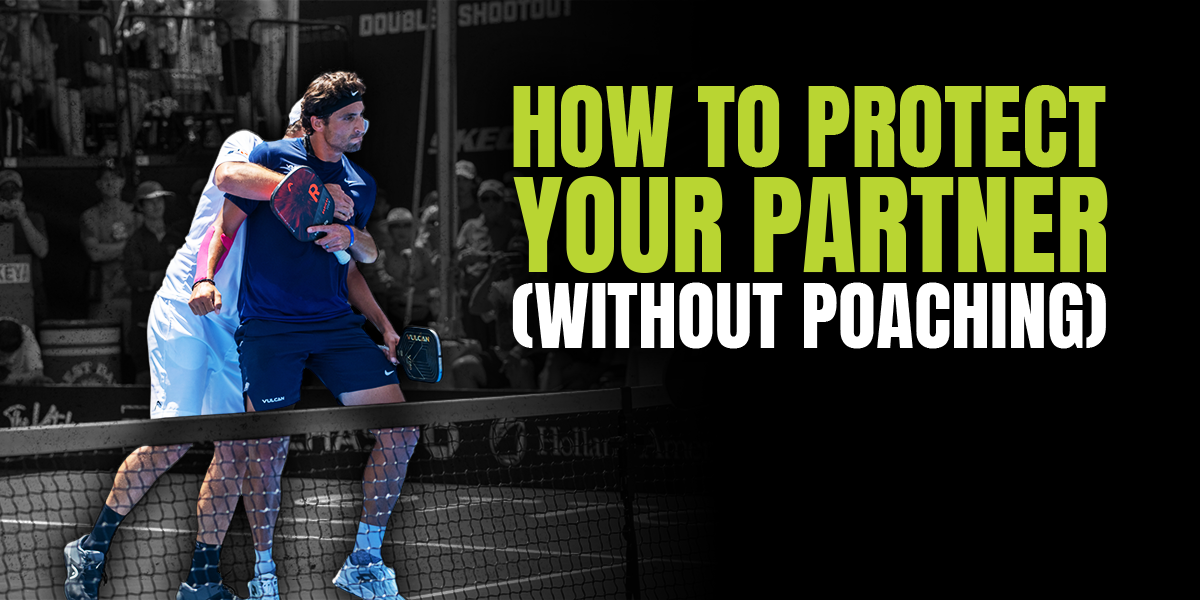
Often, in pickleball, we find ourselves playing with a partner who is, let's say, not that great to play with.
This can be challenging because not only do your chances of winning go down, but the other team is likely to target the weaker player on almost every shot.
It's frustrating and can feel like you wasted your time even showing up.
Fortunately, there are a few things you can do to protect your partner in this scenario – and no, we're not saying you should poach every ball or butt bump them off to the sidelines.
No. 1 - Don't return the ball crosscourt
On the return of serve, hitting the ball crosscourt or middle is a smart play. It provides you with more space to work with and can make your path to the NVZ line less challenging.
However, if your partner can't handle third shots (especially drives), you can forego your advantage and give your partner that extra time instead.
By returning it straight ahead, you’re now forcing your opponent to attack your partner from farther away.
Since crosscourt attacks are generally less effective, your partner should have a better chance of handling them. They could decide to attack you instead, but that’s actually what you want your opponents to do.
No. 2 - Dink or drop the ball middle
The optimal place to drop or dink a ball is to the right-side player's left foot (if they're right-handed).
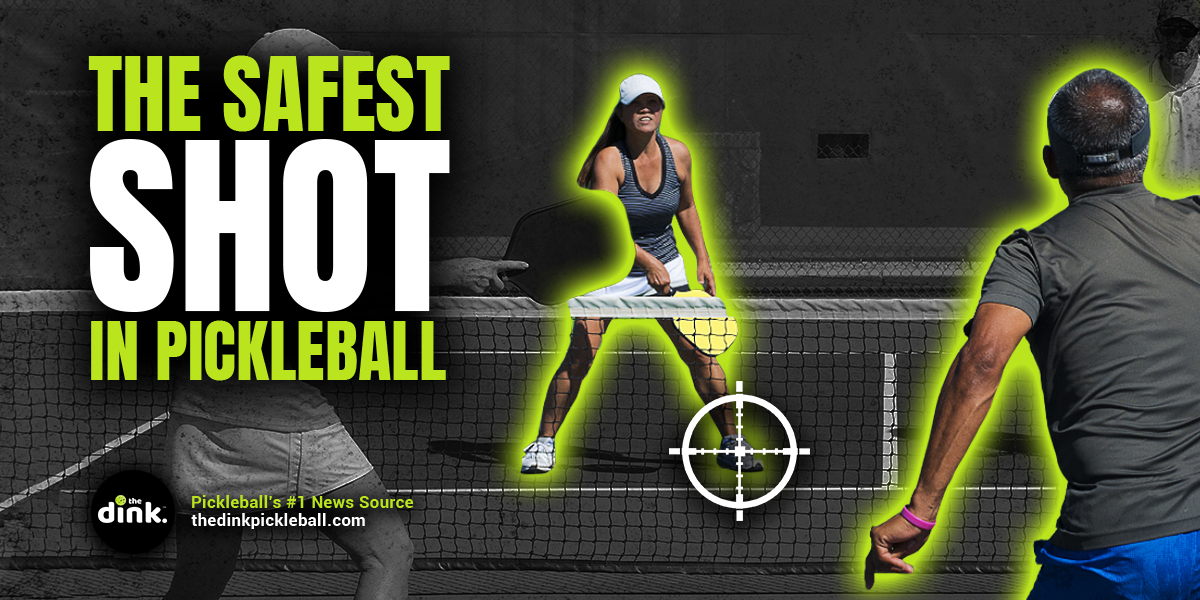
This is mostly because it's harder to generate offense or speed the ball up from this position. So, when you're trying to protect your partner, it would benefit you to dink or drop the ball to the middle (and backhand) as often as you can.
Another reason to aim middle is that when we hit dinks or drops wide, it's easier to leave them high for our opponents to crush. And who is on the other end of that slam? That's right, your partner.
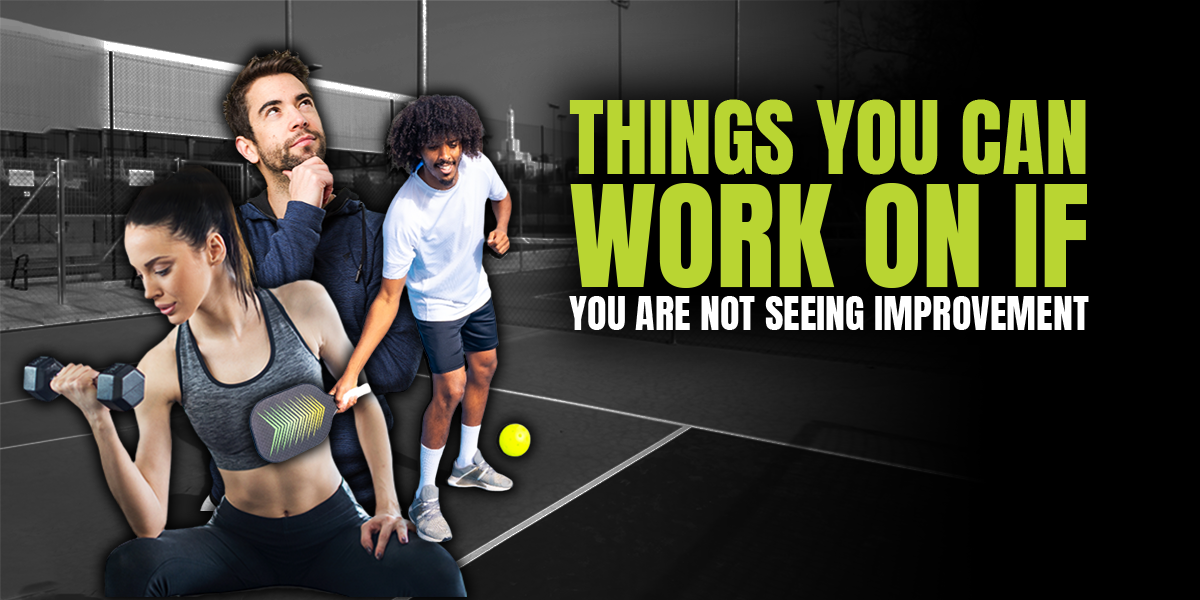
No. 3 - Help your partner aim
Amateurs, especially lower-level players, are often so worried about simply getting the ball over the net that the thought of hitting a shot somewhere specific doesn't even cross their minds.
As their teammate, you can encourage them to change that mentality.
While coaching on the court is a big no-no in rec play, being strategic is totally fair game. A great way to help a struggling partner is telling them exactly where they should hit the ball on serves or returns.
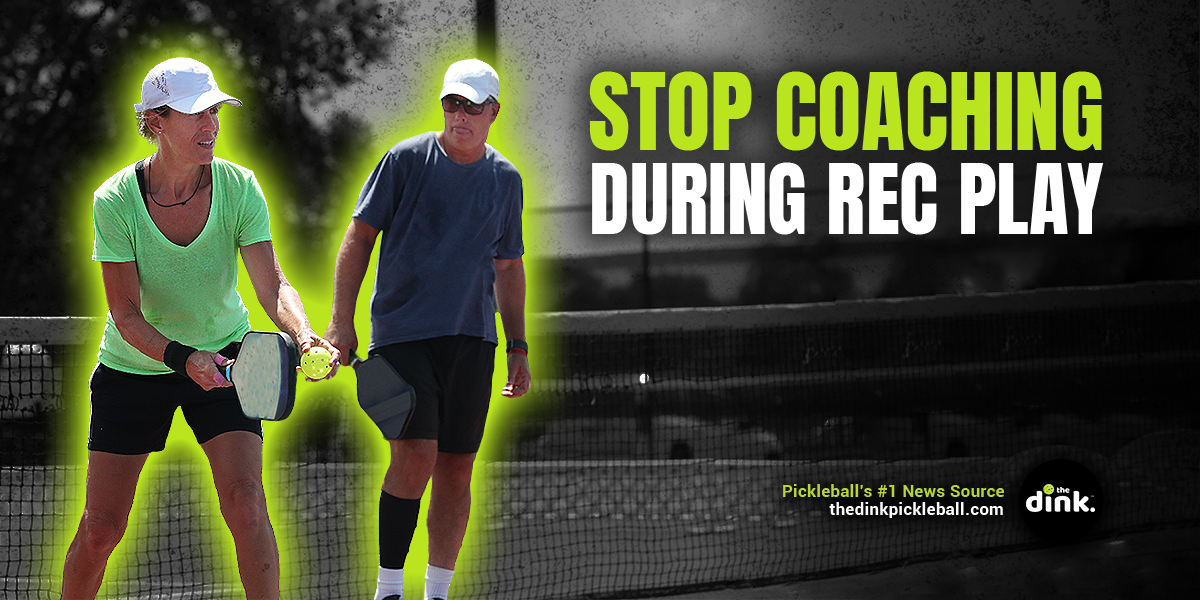
For instance, you might say to them, "Aim for his/her backhand on your serve," or "Try to return every ball crosscourt."
By doing this, you're actually helping them focus on a specific goal. Even if they aren't able to achieve it on every shot, by simply attempting it, this should help both of you play a better game together.
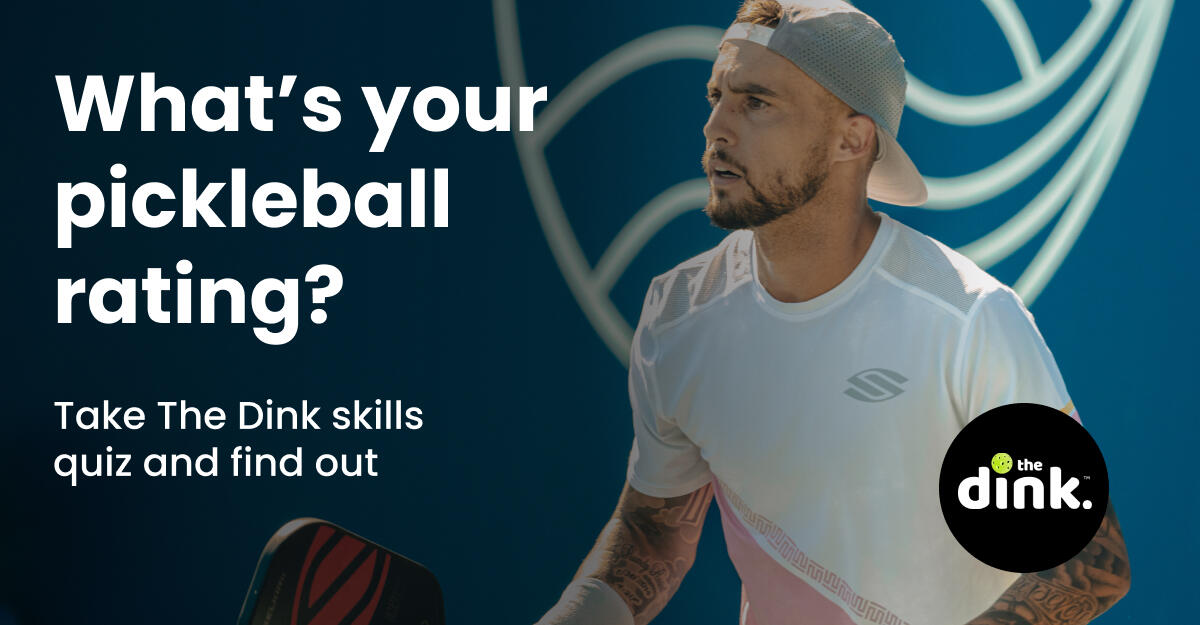

Love Pickleball? Join 100k+ readers for free weekly tips, news & gear deals.
Subscribe to The DinkGet 15% off pickleball gear at Midwest Raquet Sports











